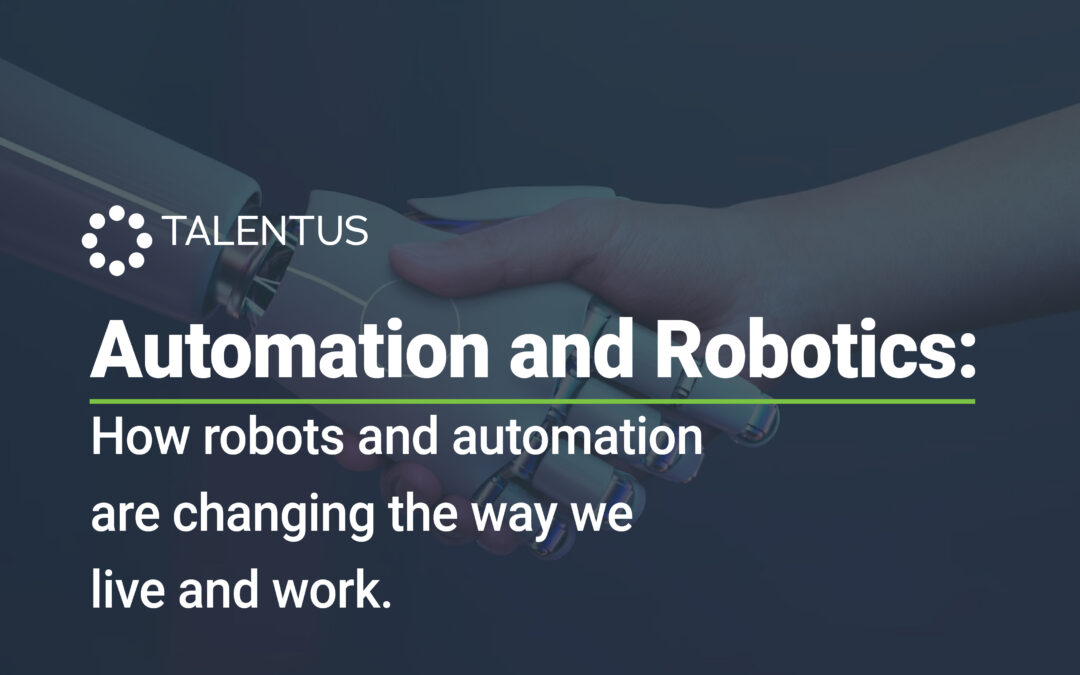In recent years, the rapid advancement of automation and robotics has revolutionized the way we live and work. From manufacturing and healthcare to transportation and even our homes, robots and automation have become an integral part of our daily lives. This article explores the significant impact of these technologies and how they are reshaping various aspects of our society.
One of the most notable areas where automation and robotics have made a tremendous impact is the workplace. Robots are increasingly taking over repetitive and mundane tasks that were once performed by humans. This shift allows human workers to focus on more complex and creative aspects of their jobs, leading to increased productivity and efficiency. Industries such as manufacturing, logistics, and agriculture have witnessed significant improvements in speed, accuracy, and cost-effectiveness due to the implementation of robotic systems.
Moreover, automation has also led to the creation of entirely new industries and job opportunities. With the rise of artificial intelligence (AI) and machine learning, robots are becoming more intelligent and capable of performing sophisticated tasks. This has paved the way for the emergence of new fields such as robot programming, maintenance, and AI training. As a result, there is a growing demand for skilled professionals in these areas, leading to a shift in the job market.
Outside of the workplace, automation and robotics are transforming our homes and daily routines. Smart homes equipped with automated systems allow us to control various aspects of our living environment, from temperature and lighting to security and entertainment. Virtual assistants like Amazon’s Alexa and Google Assistant have become ubiquitous, providing us with hands-free control and convenience. Robots are also being developed to assist with household chores, such as vacuuming and lawn mowing, freeing up our time for more enjoyable activities.
In the healthcare industry, robotics has made significant strides in improving patient care and medical procedures. Surgical robots are being used to perform complex surgeries with greater precision and minimal invasiveness, resulting in reduced recovery times and improved outcomes. Robotic exoskeletons are helping patients with mobility impairments regain their independence and quality of life. Automation in healthcare also includes the use of AI algorithms for diagnosing diseases and predicting treatment outcomes, leading to more accurate and personalized care.
While the advancements in automation and robotics offer numerous benefits, they also raise concerns about job displacement and ethical implications. The fear of robots replacing human workers is a valid concern; however, history has shown that technological advancements often lead to the creation of new jobs and industries. The key lies in ensuring that the workforce is adequately prepared to adapt and acquire the necessary skills to thrive in an automated world.
In conclusion, automation and robotics are fundamentally transforming the way we live and work. From increased productivity and efficiency in the workplace to convenience and control in our homes, these technologies have become an indispensable part of our society. As we continue to embrace automation, it is crucial to strike a balance between harnessing the benefits and addressing the challenges, ensuring that humans and robots can coexist harmoniously in a rapidly evolving world.

